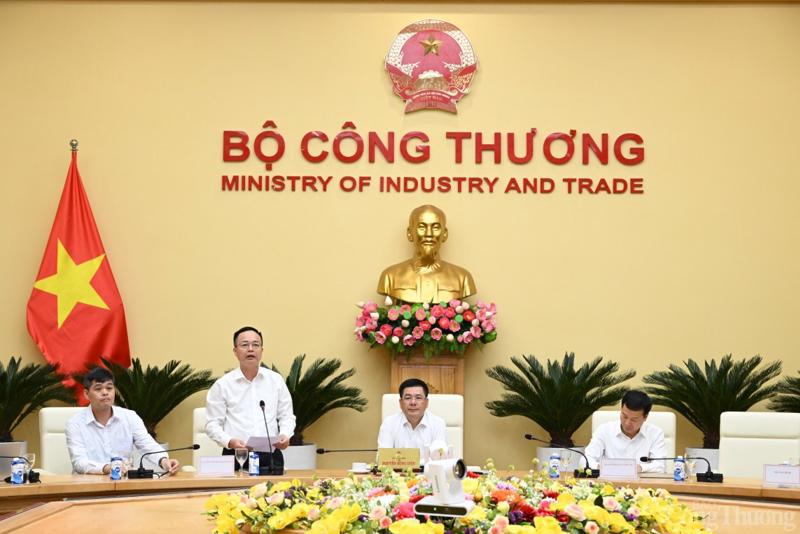The Vietnamese Ministry of Industry and Trade (MOIT) on April 23 organized an online conference to disseminate Decree No. 32/2024/ND-CP, a landmark piece of legislation that overhauls the country's industrial cluster management framework.
Landmark Changes for Industrial Clusters
At the conference, Minister of Industry and Trade Nguyen Hong Dien confirmed industrial clusters have played a pivotal role in Vietnam's economic growth in recent years.
They have contributed significantly to increasing the proportion of industry in the GDP, boosting government revenue, creating job opportunities (especially in rural areas), and fostering the development of new technologies alongside traditional crafts.
However, implementing previous decrees, such as Decree No. 68/2017/ND-CP, posed challenges due to a lack of synchronization across legal documents and limitations within their provisions.
Decree No. 32 addresses these shortcomings by introducing several key changes. It consolidates regulations into a single, comprehensive document to simplify compliance for businesses and investors.
The decree also establishes a transparent framework for both developing new industrial clusters and expanding existing ones.
Additionally, it prioritizes investment in essential infrastructure within clusters, such as transportation networks, power grids, and wastewater treatment facilities.
Furthermore, the decree introduces preferential policies to attract investment, potentially including tax breaks, land-use incentives, and simplified administrative procedures.
Finally, it improves state management of industrial clusters by clarifying the roles of various government agencies, promoting better coordination and oversight.
Imminent and long-term benefits
Decree No. 32 is expected to bring significant benefits to Vietnam's industrial sector.
Streamlined regulations and attractive incentives are likely to draw more domestic and foreign investment into industrial clusters. Improved infrastructure and clearer development plans should lead to more efficient operations within clusters.
The emphasis on environmental protection and sustainable development practices ensures the clusters' long-term viability. As the industrial sector becomes more competitive, Vietnam is positioned to increase its exports of manufactured goods.
Decree No. 32 represents a significant step forward for Vietnam's industrial development strategy. By addressing limitations in previous regulations and creating a supportive environment for industrial clusters, the decree paves the way to unlock new growth opportunities and strengthen Vietnam's position as a competitive manufacturing hub in Southeast Asia.









 Google translate
Google translate